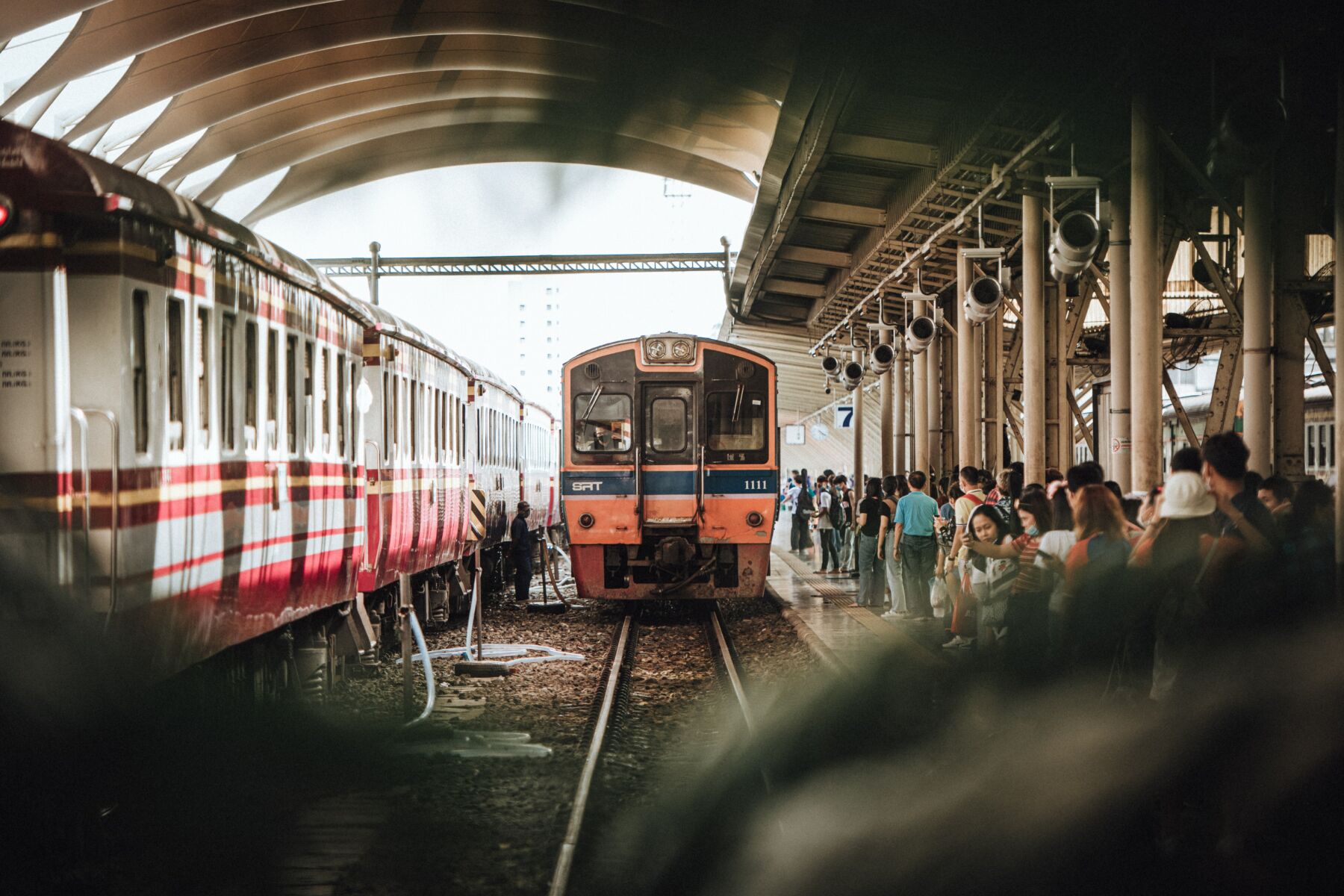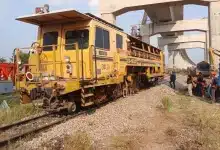Thai railway eviction saga: Low-income residents face displacement for high-speed project

The ongoing tale of the imminent relocation of the Bun Romsai community, along with over 100 other residents residing alongside a railway track in Phaya Thai district, Thailand, continues to unfold. Having called this area home for over two decades, community leader Chao Kerdaree candidly shares insights into the upcoming eviction, which has been instigated by the State Railway of Thailand, the rightful landowner, leaving the community with no alternative but to vacate.
One can gain access to the Bun Romsai community along Phetchaburi Soi 5, located approximately 800 metres from Phaya Thai BTS station. The neighbourhood finds itself lying in the path of the projected Don Mueang-Suvarnabhumi-U-Tapao high-speed rail route.
The high-speed rail project comes with a hefty sum of 224 billion baht and serves as a key component of the Eastern Economic Corridor (EEC) scheme to link Don Mueang Airport in Bangkok, Suvarnabhumi Airport in Samut Prakan and U-Tapao Airport in Rayong. The group leading the consortium, Charoen Pokphand Group, received the contract for construction from SRT in 2019 under the name AERA1.
The Transport Ministry boasts expected boosts to economic development and the creation of over 100,000 jobs following the project’s completion in 2029. However, land clearance is required for the project to progress, meaning Bun Romsai, and two other communities dwelling along the Eastern Line railway, home to approximately 300 families in total, are set to be displaced, as directed by the SRT.
Despite having been established for over half a century, Bangkok’s systems never registered the Bun Romsai community due to the community’s location on public land. According to Assistant Professor Boonlert Visetpricha, a lecturer of Sociology and Anthropology at Thammasat University, the community likely sprung up due to staff or former staff of the SRT constructing dwellings on the vacant land for proximity to their workplaces, reported Bangkok Post.
Poor individuals seeing the opportunity to reside in the area began to build houses as well. More settlers than land encroachers, these hard-working low-income earners often sell inexpensive food to workers, contributing essential components to society, he explained.
Chao Kerdaree, who has served the Phaya Thai area as a motorcycle taxi driver for the last 20 years, decided to settle in the community when rising rent prices made residing in the capital unaffordable. His combined monthly earnings with his wife, a grilled pork balls vendor, amount to roughly 20,000 baht, enough to support their two sons, one currently in Matthayom 5 (Grade 11) and one who has graduated from a vocational school.
Following notice of eviction in January 2020, the initial response was resistance from locals who were left with nowhere to go. Efforts to negotiate resulted in some residents receiving removal warrants from the court in 2021.
However, after a pushback from locals, SRT decided to collaborate with the Community Organisation Development Institute to construct a new community for displaced residents. The relocation will move those impacted to a low-cost housing estate in Soi Mo Leng, close to Makkasan Reservoir, about 2 kilometres from their current homes.
The anticipated start date of the new housing project is next year, with completion aimed at 2025. In the interim, locals have approached SRT requesting temporary shelters whilst their homes are demolished.
Several residents who choose not to reside in the low-cost housing project will receive compensation for their demolished homes. As per Chao, about 200 out of the 300 affected families, Bun Romsai included, have opted for this offer while the others await their new homes. Chao said…
“Having built a peaceful home here from its former notorious crime-ridden history, and sustaining a stable income, all we as low-income earners in a big city desire is an affordable place to live.”
Latest Thailand News
Follow The Thaiger on Google News:


























